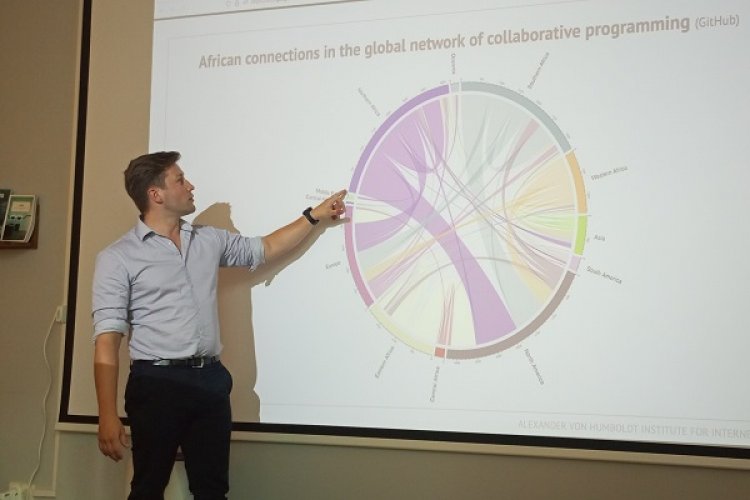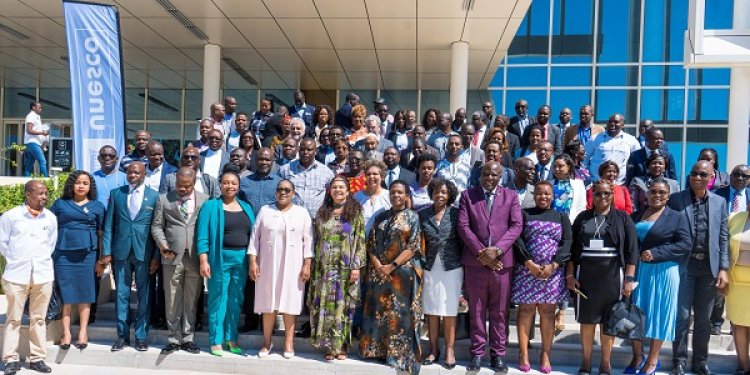As more women and girls of reproductive age seek to control their own future, thereby opting to delay births or rid themselves of unwanted pregnancies, demand for modern contraceptives is and will keep on the rise across the region, experts have said.
In fact, contraception helped avert more than 141 million unintended pregnancies, 29 million unsafe abortions and almost 150,000 maternal deaths last year alone as women in lower-middle income countries increasingly resorted to birth control to unlock their economic survival and prosperity.
This is according to recent data on the use of modern contraceptives around the world by FP2030, a global partnership centered on family planning to ensure women and girls to participate as equal in society.
Also read: Abstinence-only approach to teens and sex has failed, act before it’s too late
FP2030’s 2022 Measurement Report reviewed 15 African countries including Rwanda. Others are Benin, Burkina Faso, Ethiopia, Guinea, Madagascar, Mali, Mauritania, Mozambique, Niger, Nigeria, Senegal, Tanzania, Togo, and Uganda.
The report data suggest that demand for modern contraception in most African countries is unstoppable as women want to control whether and when to have children, and how many children to have.
In particular, contraceptive use among married and unmarried sexually active women aged 15-24 is higher in East and Southern Africa than in West Africa.
Concerns
However, concerns persist as to whether governments and partners are in position to meet this demand upsurge in high-quality services, consistent contraceptive supplies, supportive policies and financing.
Already FP2030 report data show unmet need is still high in Sub-Saharan Africa as bilateral donor funding barely increased from 2020 ($1.4 billion) to in 2021.
The report, whose data indicate that already more than one in five sexually active young women aged 15-24 have an unmet need for contraception in the surveyed countries, predicts funding cuts to grow bigger going forward owing to current financial instability and inflationary trends around the world.
Implications
Jason Bremner, FP2030 Senior Director of data and measurement says this implies it will be a missed opportunity for millions of women and for collective futures, which could erode hard-won gains of the last 10 years.
“The world now needs to step up to ensure that we can meet this demand (…) None of this should be controversial, but it often is. Access to family planning is about shifting power, and expanding the ability and freedom of individuals to exercise power in their own line,” Dr. FP2030 executive director Samukeliso Dube, said in her address to a digital press briefing Wednesday.
She is of the view that meeting the upsurge in demand for contraception could bring positive change into lives of many young adolescent girls for whom delaying child bearing until they finish school or college, or even start a career is key to realising their dreams, and the young mothers for whom adequate birth spacing is literally the difference between life and death for their being.
There is also the hard working women or female business owners who rely on contraception to keep children to school and lifting themselves and their loved ones out of poverty.







